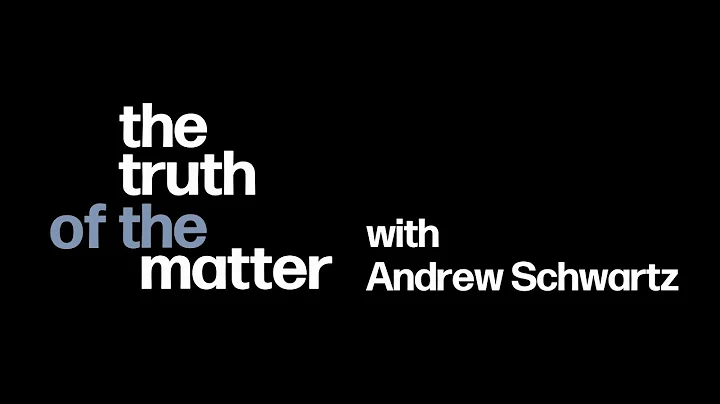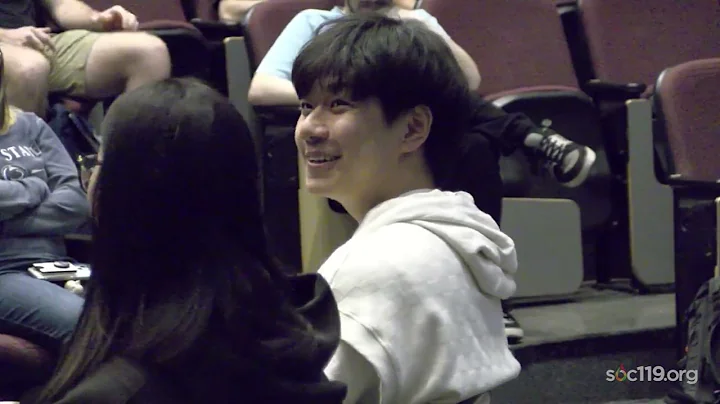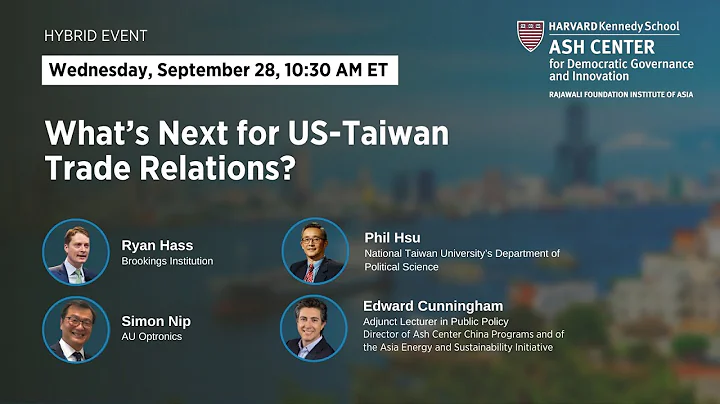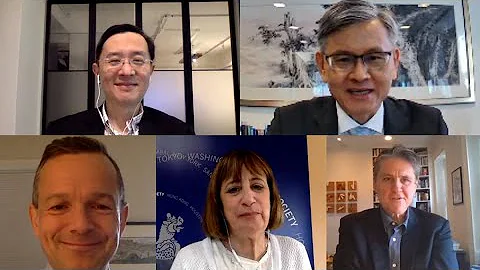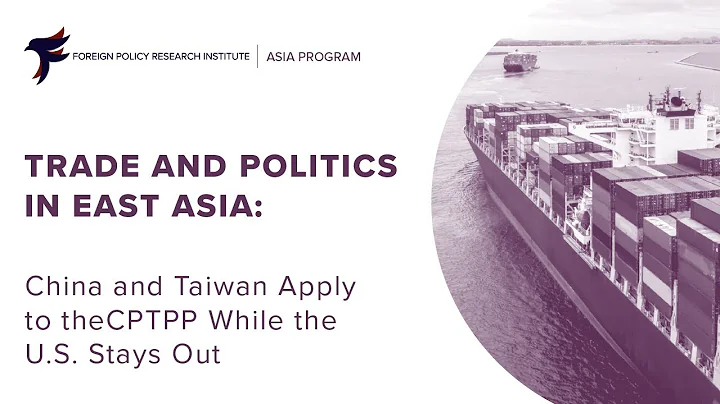Xiong Xing Researcher at the Center for Taiwan and East Asia Studies at Central China Normal University
A few days ago, the Taiwan authorities announced the launch of the so-called "Taiwan-US 21st Century Trade Initiative" with the United States, and a special press conference was held for this purpose. In order to highlight its "significant" results, the Taiwan authorities named the press conference as "Press Conference on Major Achievements in Deepening Taiwan-US Economic and Trade Relations." Wu Zhaoxie, head of Taiwan's "Foreign Affairs Department", also said that this "initiative" will help Taiwan participate in CPTPP. The pro-green media on the island also claimed that this was a "mini version" of the "Indo-Pacific Economic Framework" (IPEF), showing a "big leap" in Taiwan's status. Some pro-green scholars even advocate that this "initiative" goes far beyond the general bilateral free trade agreement, and that the economic and trade negotiations between Taiwan and the United States "have reached the same level as the European Union and the United Kingdom" and believe that Taiwan-US relations have evolved from a "small alliance." Progress to the "big league" level. Of course, there are also sober people on the island who realize the evil intentions and negative factors behind this "initiative" and are worried that if the "initiative" is finally negotiated, Taiwan may become an economic colony of the United States.
Some comments on the island believe that the so-called "Taiwan-US 21st Century Trade Initiative" is a supplement to the " Indo-Pacific Economic Framework " recently launched by the United States, or that it is a pavement for Taiwan to join the "Indo-Pacific Economic Framework", and specifically emphasize that Its economy. But in fact, this economic framework is more political than economic, and it is a typical "drunkard's intention is not to drink."
After the Biden administration came to power, it had intended to return to the TPP (renamed CPTPP in 2017) which it withdrew from during the Trump administration, and to seize the initiative from Japan, the current leader of CPTPP. However, after many rounds of games and trade-offs, the United States is clearly ready to start anew and build the so-called "Indo-Pacific Economic Framework" to coordinate with its "Indo-Pacific Strategy." It can be seen that the foreign economic and trade policies of the Biden administration show obvious self-centered and self-interested characteristics. The "Indo-Pacific Economic Framework" it has constructed is a typical economic framework of "U.S. interests first" and attempts to bundle within the framework Members become its vassals.
However, the current "Indo-Pacific Economic Framework" is still just an idea, with no operational plan or standardized process. As the situation changes, it is still doubtful whether it can really be implemented. The Taiwan authorities have high hopes for this, but their joy may ultimately be in vain. After the news about the Taiwan-U.S. economic and trade "initiative" was disclosed, the British Financial Times put the word "initiative" in quotation marks in a comment, indicating that it was not optimistic about the effectiveness and prospects of the "initiative". Be optimistic.
Many provisions of this "initiative" may not be beneficial to Taiwan, but may actually cause harm. The so-called "Taiwan-U.S. 21st Century Trade Initiative" involves negotiations on trade facilitation, agriculture, small and medium-sized enterprises, digital economy, labor, environmental protection, standards, public enterprises, non-market economies, etc., but there is no Taiwan economy. The issues that the industry is most concerned about include market access, trade liberalization and tariff reduction. Faced with some condescending terms from the United States to unilaterally exert pressure on Taiwan, Taiwan can only bow down and accommodate them.
For example, the supervision of public utilities clearly reflects the United States’ unilateral control over Taiwan. Since the United States does not have a public utility sector, Taiwan has public utilities such as Taiwan Petroleum Corporation, Taiwan Electric Power, Taiwan Sugar Industry, and Taiwan Railway . Against the current background of rising global energy and food prices, strong intervention by external forces will trigger inflation in Taiwan, which may have a huge negative impact on the island's people's livelihood and economic development.
In addition, the so-called provisions against "non-market policies" are obviously a profitable tool for the United States. For example, on the issue of genetically modified foods, because the Taiwan authorities currently do not allow genetically modified foods to enter Taiwanese campuses, the American Chamber of Commerce in Taiwan has repeatedly argued that this regulation is unreasonable administrative interference and a "non-market policy" and has raised objections. For another example, the digital economy provisions will obviously help U.S. high-tech companies conquer the Taiwan market.Therefore, if this "initiative" is negotiated, Taiwan will face more problems similar to the import of "Laizhu" in the future, and will endanger Taiwan's economic security and people's livelihood and well-being.

The collusion between the United States and Taiwan at this time is a manifestation of the United States continuing to play the "Taiwan card" against China and taking the opportunity to continue to hollow out and blur the one-China principle. After the conflict between Russia and Ukraine broke out, while the United States continued to add fuel to the fire, its actions to contain China became increasingly frequent. Not long ago, the United States held a special summit with ASEAN . Biden visited Japan and South Korea and held a summit meeting on the "Quadrilateral Security Dialogue Mechanism" between the United States, Japan, India, and Australia. US Secretary of State Blinken continued his tone of containing China in his recent speech. . All the words and deeds of the United States are clearly aimed at China.
Regarding the Taiwan issue, although the United States did not include Taiwan in the "Indo-Pacific Economic Framework", it later launched the "Taiwan-US 21st Century Trade Initiative" to continue to support the "Taiwan independence" forces and encourage them to attack the mainland. The side is making crazy provocations, thereby stirring up the situation in the Taiwan Strait. The situation in the Taiwan Strait is currently in a dangerous period of "high winds and rough seas". For the Taiwan authorities, the so-called trade "initiative" between Taiwan and the United States at this time can be described as a "happy" move.
The epidemic situation is currently raging on the island. After the relaxation of epidemic prevention restrictions to "coexist with the virus", the number of confirmed cases on the island has repeatedly reached new highs. Judging from the current situation, the "nine-in-one" election to be held at the end of the year is also unfavorable to the DPP. Therefore, launching the so-called Taiwan-U.S. trade "initiative" and dialogue at this time, through political manipulation and public opinion propaganda that the DPP is good at, can become its new "political achievement" and a "boost for the election". Needle".
However, for the United States, Taiwan is just a tool for it to get what it wants. When it is beneficial to the United States, the United States will continue to negotiate; when it is not beneficial to the United States, the United States will suspend the negotiation process. For example, before the Taiwan authorities banned the import of "Lai Pig", the negotiations had made no progress. When the Taiwan authorities announced the opening of the "Lai Pig" import at the end of 2020, the United States announced the restart of Taiwan-US Free Trade Agreement negotiations. In the negotiations between the United States and Taiwan, the United States has always acted according to the script of the United States. Taiwan can only obey and cooperate, with no room for bargaining, and it is usually "less for more."
From the perspective of the United States, Taiwan’s most important “task” at present is to serve as a pawn to contain the development of mainland China and implement “Taiwan to contain China.” The Taiwan-US trade "initiative" launched this time nominally involves economic and trade issues, but in essence it is political manipulation. If there are any economic and trade issues between the United States and Taiwan, the United States is most concerned about the semiconductor supply chain, and this is an important part of the "new cold war" initiated by the United States against China in science and technology. The United States only uses Taiwan as an "economic weapon" to contain China, and it is definitely not for the so-called cooperation in technology and semiconductor industry chains between the United States and Taiwan. (Editors in charge: Le Shui, An Ran, Zhang Yanling)
